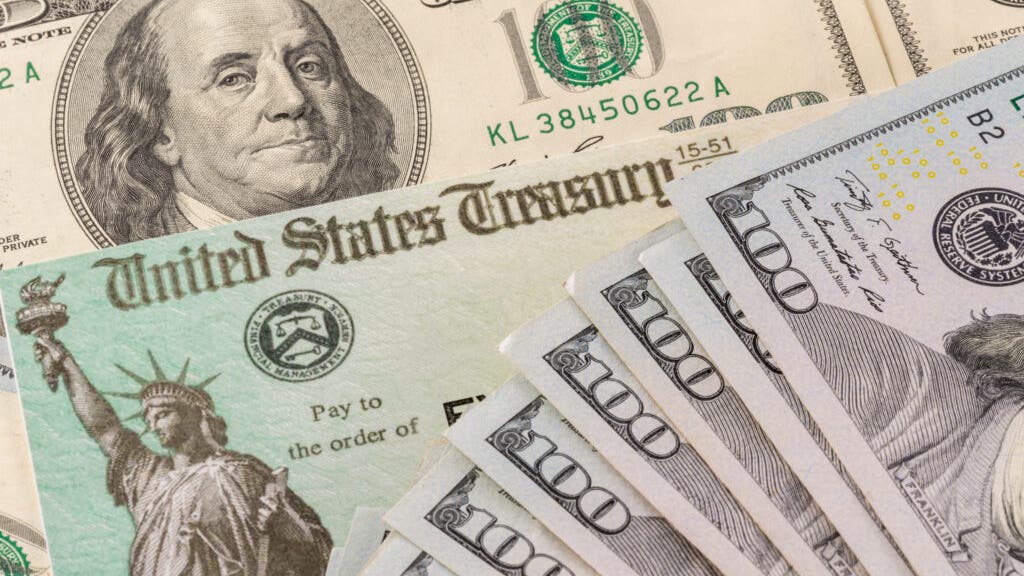The Trump administration is drastically reducing the workforce at the Internal Revenue Service (IRS), a move that could potentially lead to a rise in tax evasion.
What Happened: Initial cuts by the Department of Government Efficiency (DOGE), overseen by Elon Musk, have resulted in the loss of around one-third of IRS auditors. As of March 2, over 3,600 revenue agents had either been let go or accepted a buyout. Additionally, 600 revenue officers, who serve as the government’s debt collectors, have also left. In total, 11% of the IRS staff have left. These figures were revealed by the Treasury Inspector General for Tax Administration, reported Fortune.
Trending: Shark Tank’s Kevin O’Leary called Missing Ring his biggest mistake — don’t repeat history — invest in RYSE at just $1.90/share.
Vanessa Williamson, a senior fellow at the Urban-Brookings Tax Policy Center, said, “There have never been cuts to the IRS on this order—never.” She noted that this could offer “a lot more leeway when it comes to tax enforcement.”
“It’s basically Christmas coming early if you cheated on your taxes this year,” Williamson told the publication.
Further staff reductions are expected, with up to 40% of IRS jobs potentially in danger, as per the Federal News Network. This could significantly affect the government’s revenue collection, as the IRS collects 96% of the nation’s revenue. The Congressional Budget Office notes that every dollar spent on IRS enforcement brings in a return of $5 to $9.
See Also: Nancy Pelosi Invested $5 Million In An AI Company Last Year — Here’s How You Can Invest In Multiple Pre-IPO AI Startups With Just $1,000.
Why It Matters: The IRS had previously anticipated a revenue shortfall of over $500 billion due to tax evasion and staffing cuts. The Trump administration had already begun dismissing approximately 20,000 agency staff, primarily focusing on recent hires in the taxpayer services and enforcement divisions.
Additionally, the IRS saw a leadership shakeup following a clash with billionaire Elon Musk. The acting commissioner of the IRS, Gary Shapley, was replaced after disagreement with Musk, raising concerns about Musk’s influence within the Trump administration. Treasury Secretary Scott Bessent, reportedly unaware of Musk’s involvement, voiced his dissatisfaction to President Trump, who subsequently approved reversing Shapley’s appointment.
That said, critics argue that reducing the IRS could lead to a significant increase in tax evasion, particularly among the highest income earners.
